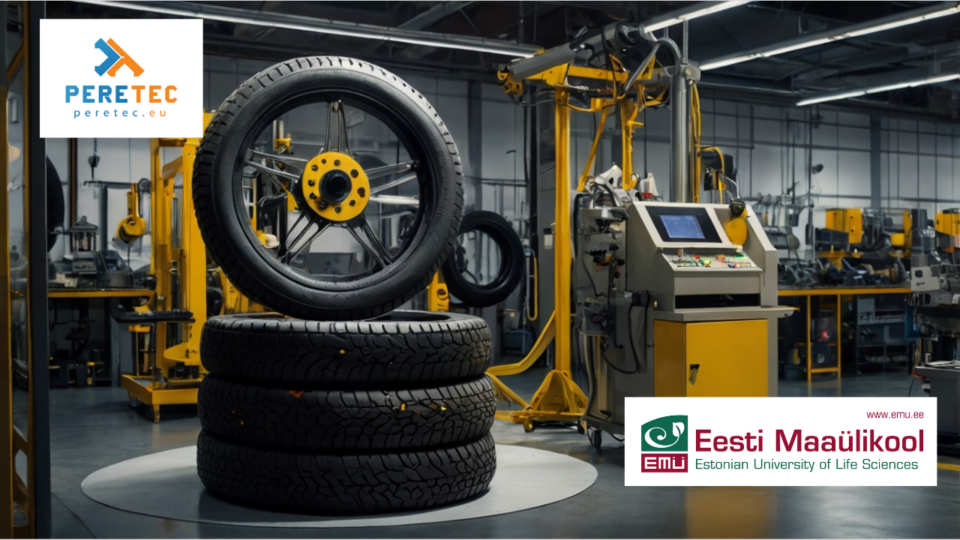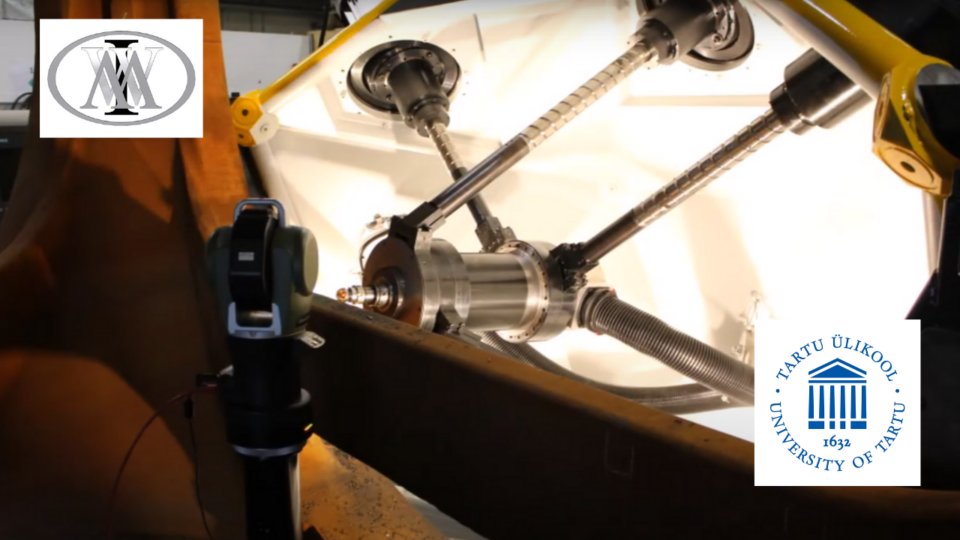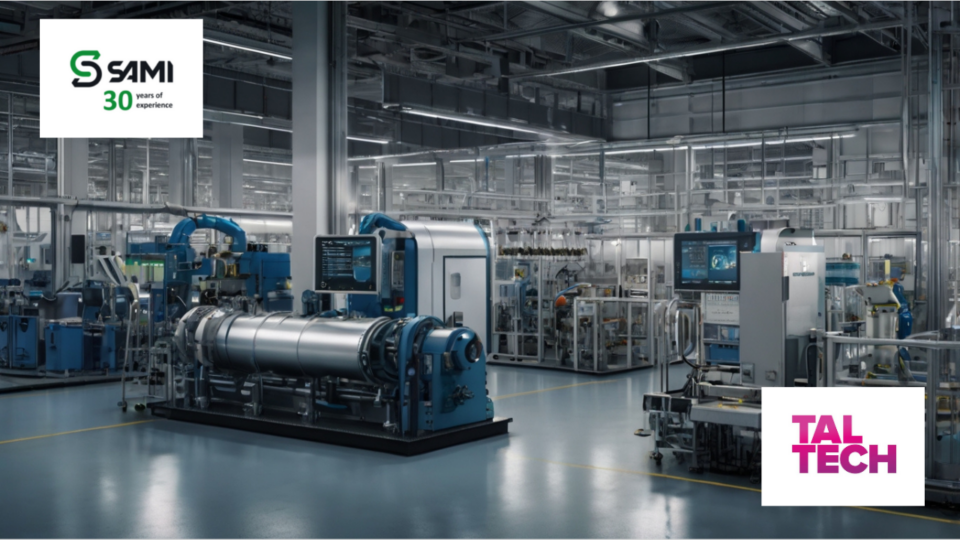2024: Experimenting of AI based process control for plastic bag production
This project focuses on the deployment and validation of an AI-driven defect detection and process optimization system for industrial manufacturing environments, specifically targeting the production of plastic films and bags. The primary objective is to enhance product quality, reduce production waste, and minimize energy consumption through intelligent automation. The solution integrates multiple deep learning models—Convolutional Neural Networks (CNNs) for visual defect recognition, Recurrent Neural Networks (RNNs) and Long Short-Term Memory (LSTM) networks for sequential sensor data analysis, and Multilayer Perceptrons (MLPs) for structured data classification. These models work collaboratively to detect surface and structural defects such as folds, abrasions, and punctures. At the core of the system lies a fuzzy inference engine that interprets the AI outputs and autonomously adjusts key manufacturing parameters (e.g., temperature, composition). This allows the system to respond adaptively to varying conditions on the production line and eliminate the need for manual configuration by operators. The solution is seamlessly integrated into the existing production infrastructure via interfaces and edge computing platforms. Monitoring dashboards provide operators with actionable insights, while automated feedback loops ensure continuous optimization of process parameters. As a result, the project has successfully demonstrated significant improvements in defect detection accuracy, a reduction in production downtime, and measurable gains in energy efficiency. This AI-powered system paves the way for smarter, more resilient, and data-driven manufacturing operations.





